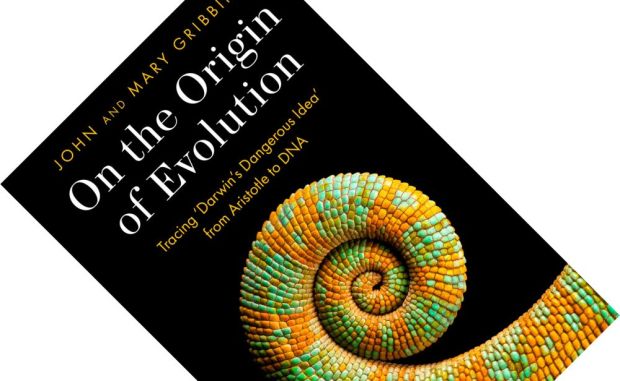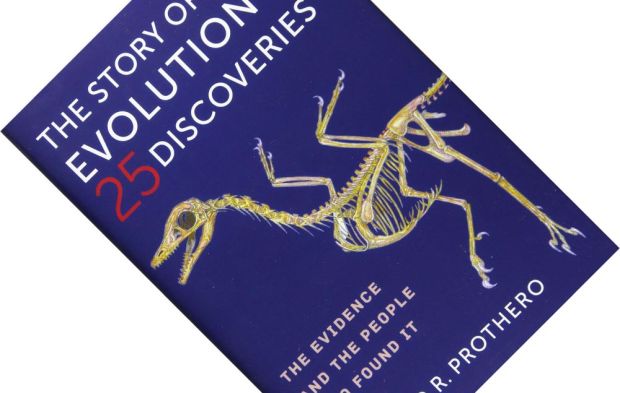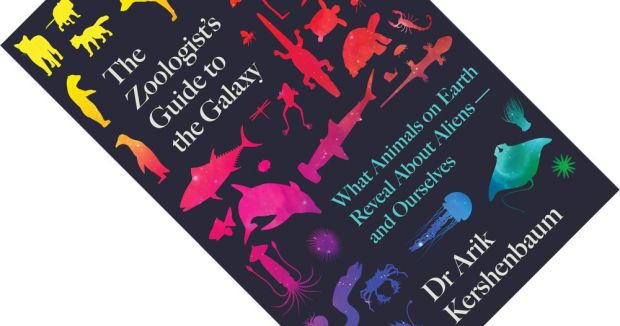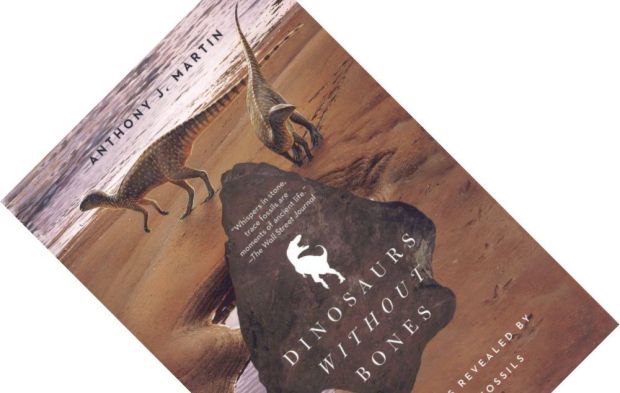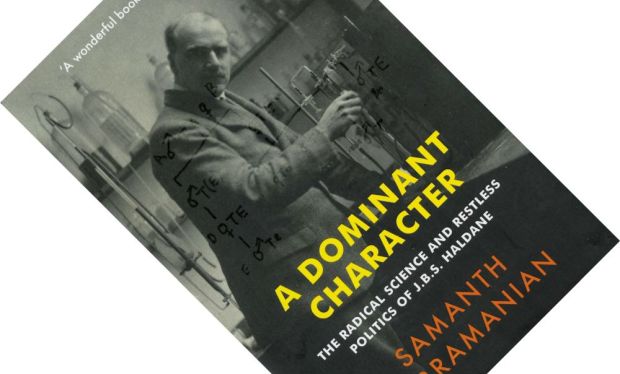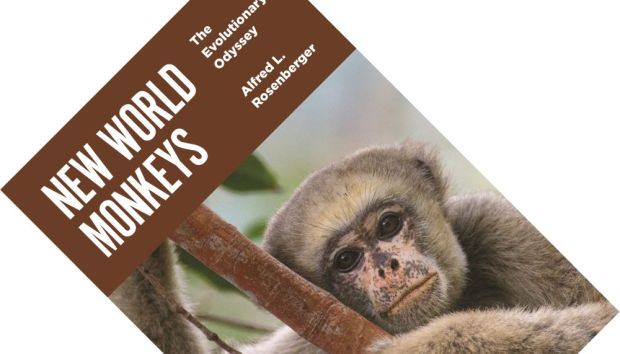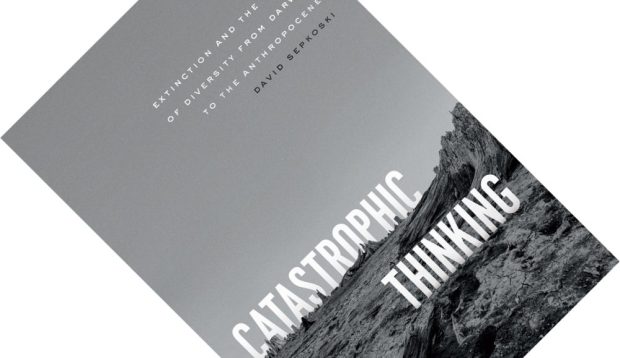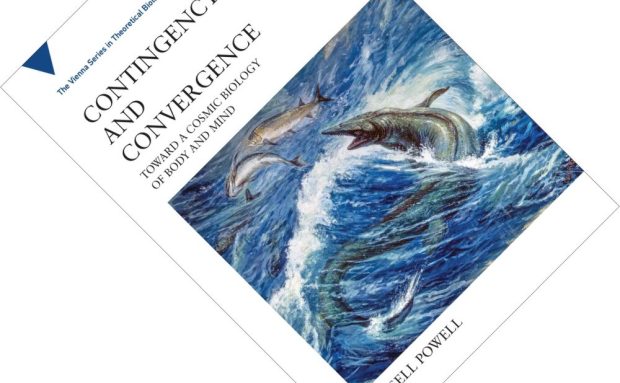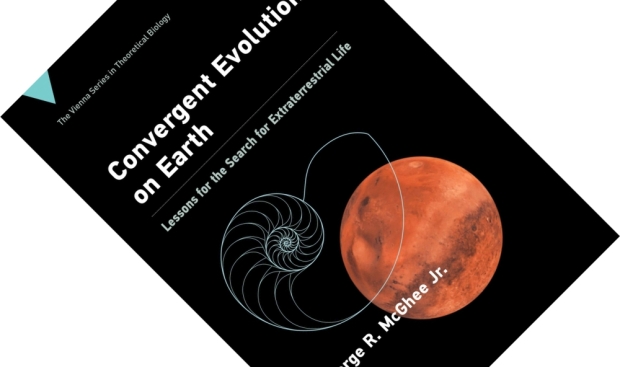8-minute read
History will forever associate Charles Darwin with the theory of evolution, but the idea was in the air. Had not Darwin published his famous book, someone else would have likely snatched the prize. Husband-and-wife duo John and Mary Gribbin here examine the wider milieu in which Darwin operated and the many thinkers who preceded him. Given their previous collaborations, the first two parts of On the Origin of Evolution read like a well-oiled machine, but the book falters when they turn their eyes to the legacy of Darwin’s ideas.

